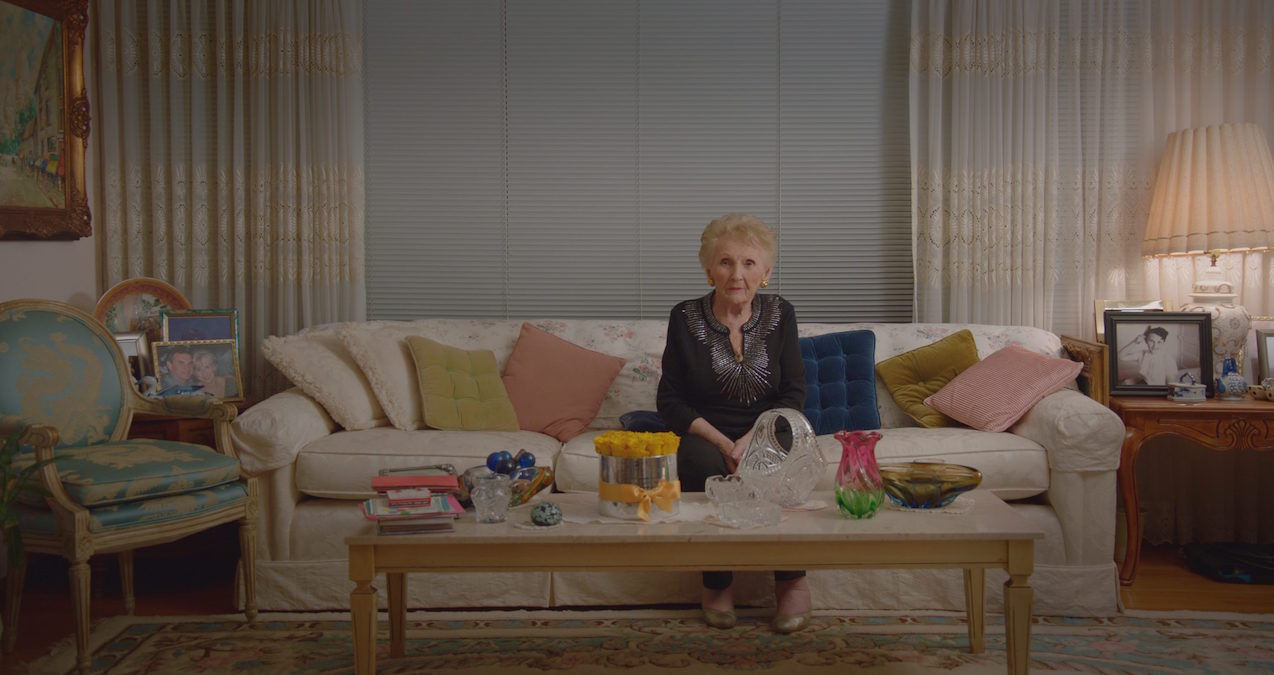Wednesday, January 27 is International Holocaust Remembrance Day. On that date in 1945, Soviet soldiers liberated Auschwitz-Birkenau, the Nazi concentration camp where more than one million people were killed. Since 2005, this memorial day has honoured the more than 6 million Jews who lost their lives in the Second World War.
Seventy-six years since the liberation of the concentration camps and the end of the Second World War, we are again faced with an extreme-right movement that continues to challenge democracy and oppose racial, religious and gender equality through increasingly violent means.
This Holocaust Remembrance Day is a time to hear from those who survived the Nazi regime and to share their stories with our children and grandchildren so they know and speak the truth. Canadian filmmaker Daniel Schubert’s documentary Martha will debut on the National Film Board’s website in time to do just that.
Schubert has created a moving tribute to his grandmother, 90-year-old Martha Katz. Martha’s lived experience lays bare the realities of antisemitism, hatred and war, while simultaneously painting a portrait of a loving and unrelenting survivor.
At 14 years of age, Martha’s idyllic childhood, and that of her six siblings, came to an end. Martha and her family were torn from their Czechoslovakian village, put on cattle cars and shipped to Auschwitz. Once there, they were separated from each other.
Martha and four of her siblings survived the camp and made their way to Vienna. That’s where Martha met and married Bill Katz. Eventually the couple landed in Winnipeg with $200.
Life was tough. They had two children — a daughter and then a son. Martha went to night school to finish her education. She bought a small grocery store and named it Martha’s Grocery. The business thrived and their standard of living improved. Then, came the typical things you do for your children like dance lessons for her daughter Sharon. It was the picture-perfect Canadian success story yet otherwise, quite unremarkable.
However, during a recent visit with his grandmother at her Los Angeles home, Schubert decided it was time that Martha tell her story. According to Schubert, “I’ve always wanted to record my grandmother’s stories, just for the family. My grandma wouldn’t talk about her experiences. I was thinking: one day I’m going to sit her down, even if she doesn’t want to, and get those stories on tape.” Thank goodness she was willing to speak and he did just that.
A visit to the Holocaust museum ignites painful memories for Martha and prompts her to reveal some family secrets that are very hard to hear. It also leads to the discovery of how a chance encounter with Josef Mengele saved Martha from the gas chamber and that made her incredible life possible.
Schubert was also inspired to get his grandmother’s story on film after he read that, “One-fifth of Canadian youths don’t know what the Holocaust is; in the U.S., apparently, 22 per cent of millennials don’t know what the Holocaust is. That’s pretty alarming. We’re growing up in a world without context and I have a living historical document — my grandmother. Here’s a person with a tattoo on her arm to prove it happened.”
Schubert wrote and directed the 21-minute documentary Martha (2020) that will be programmed on the NFB streaming platform to mark International Holocaust Day.
Doreen Nicoll is a freelance writer, teacher, social activist and member of several community organizations working diligently to end poverty, hunger and gendered violence.
Image credit: National Film Board



